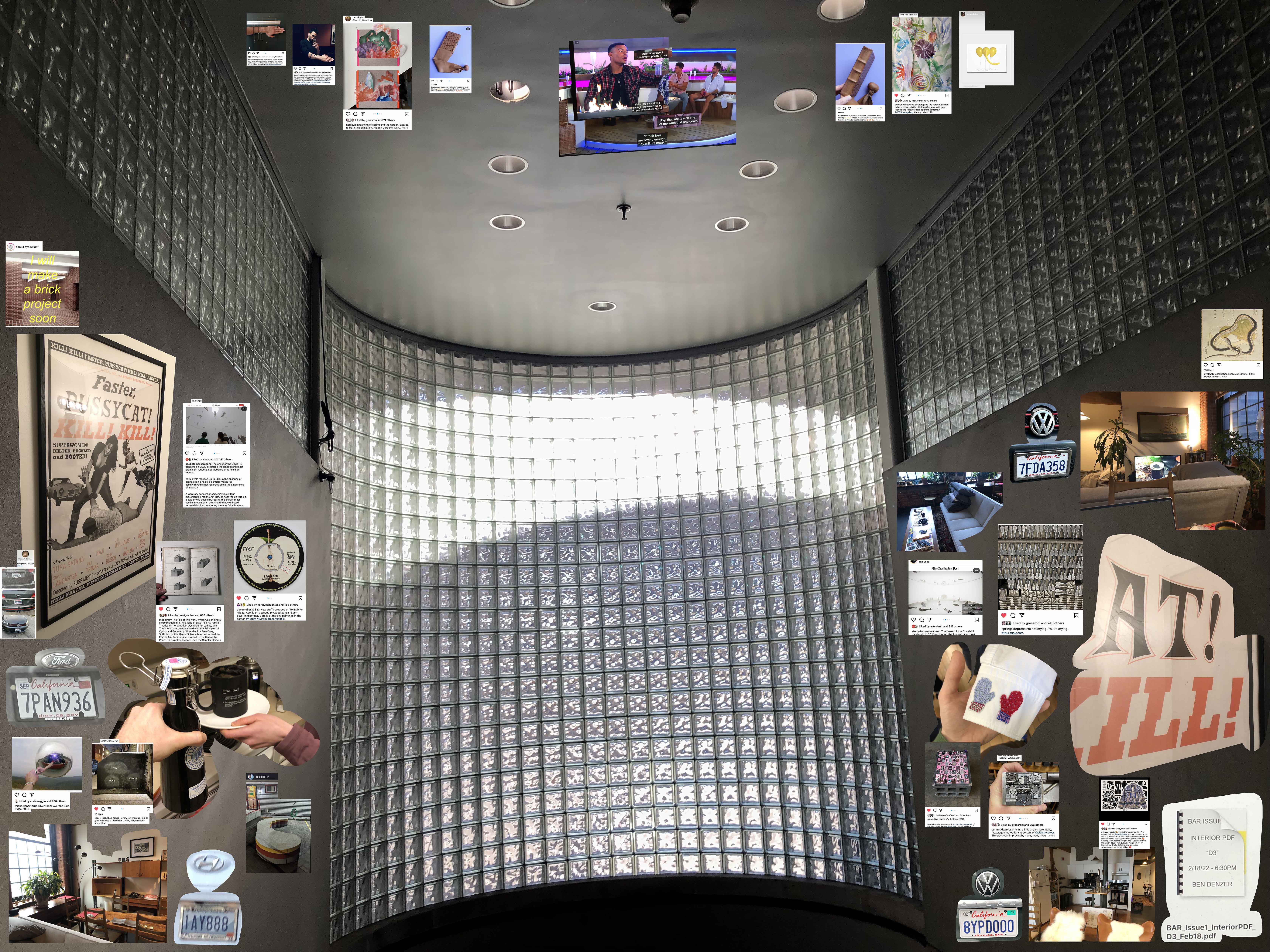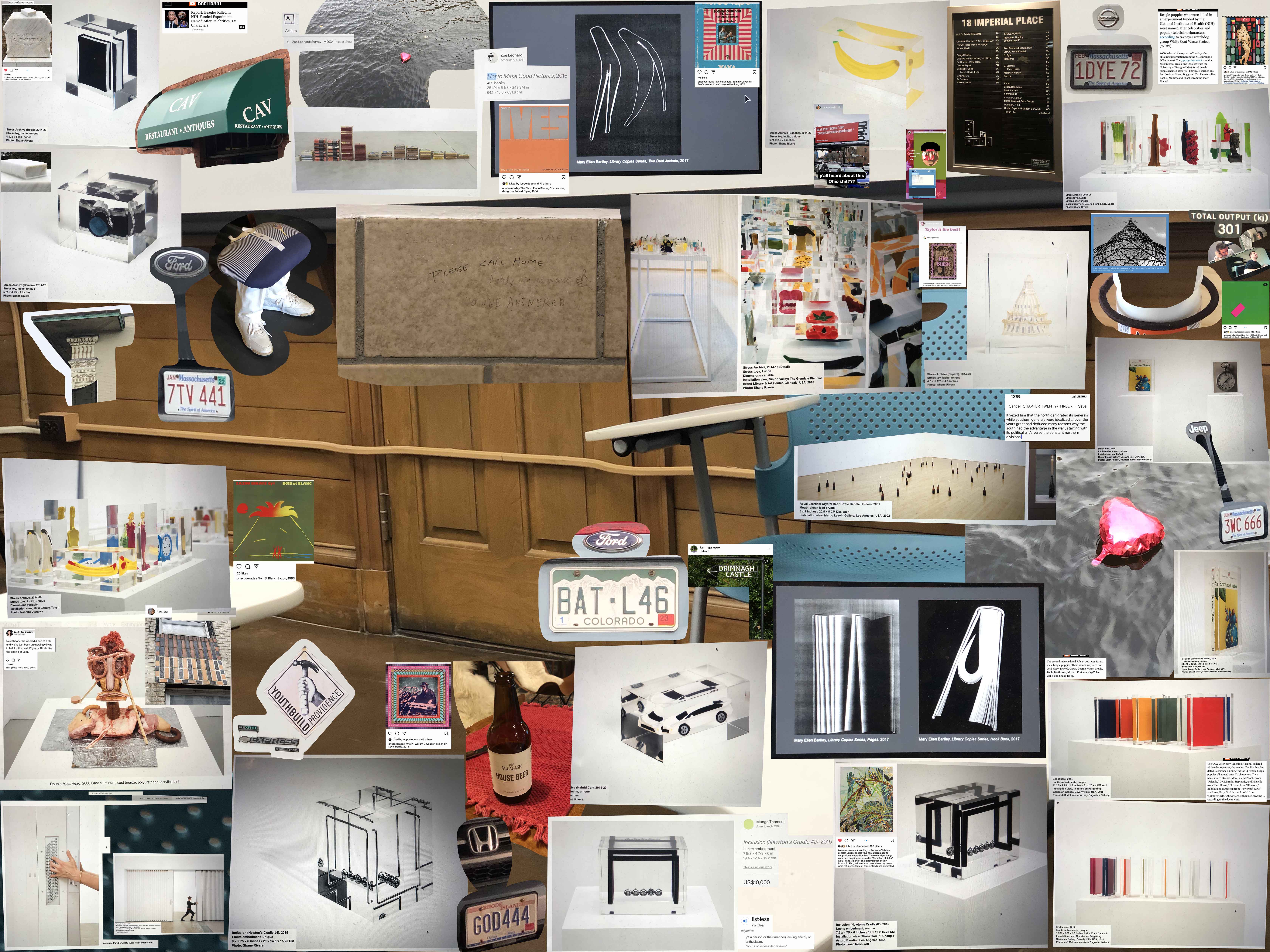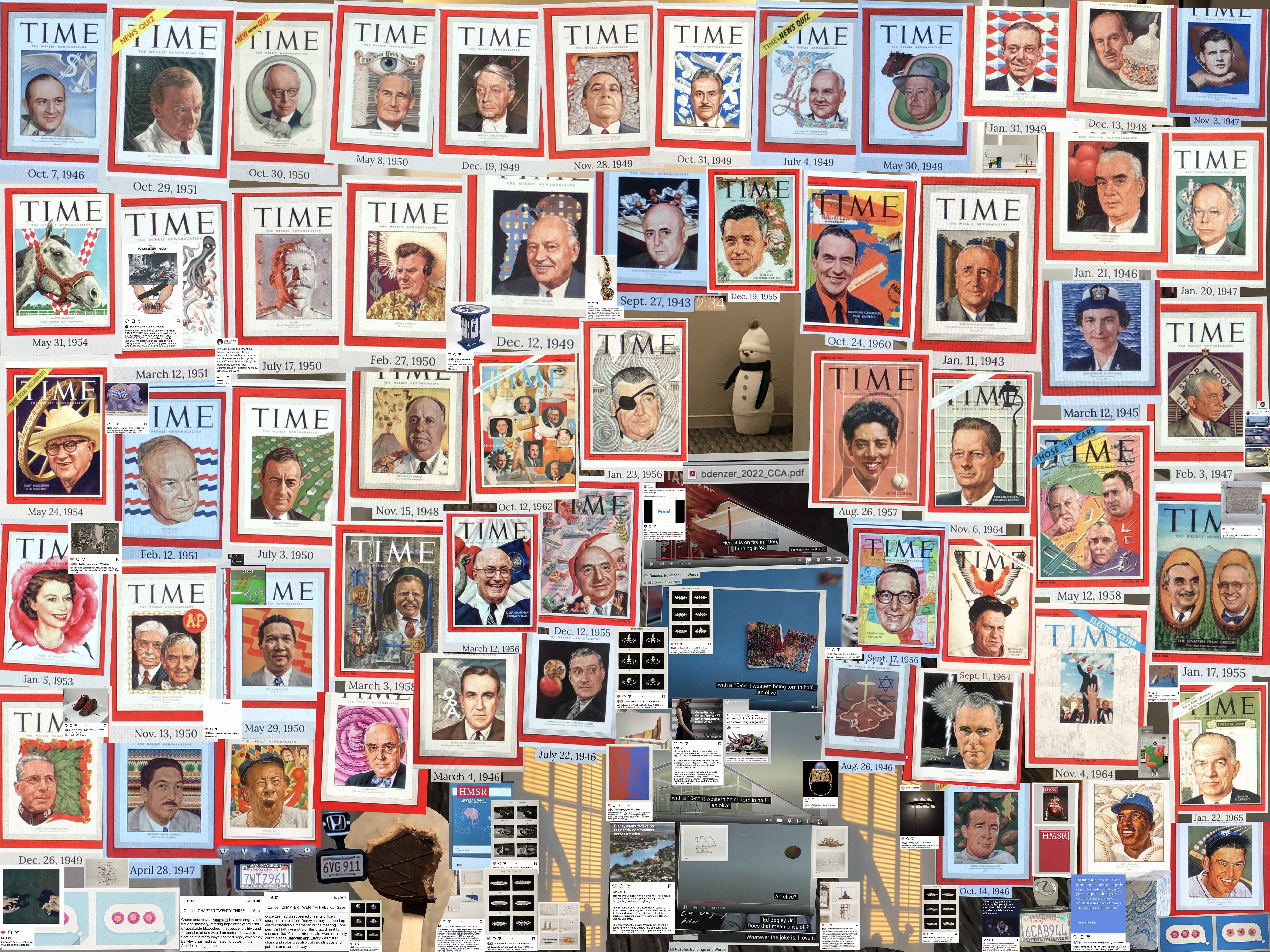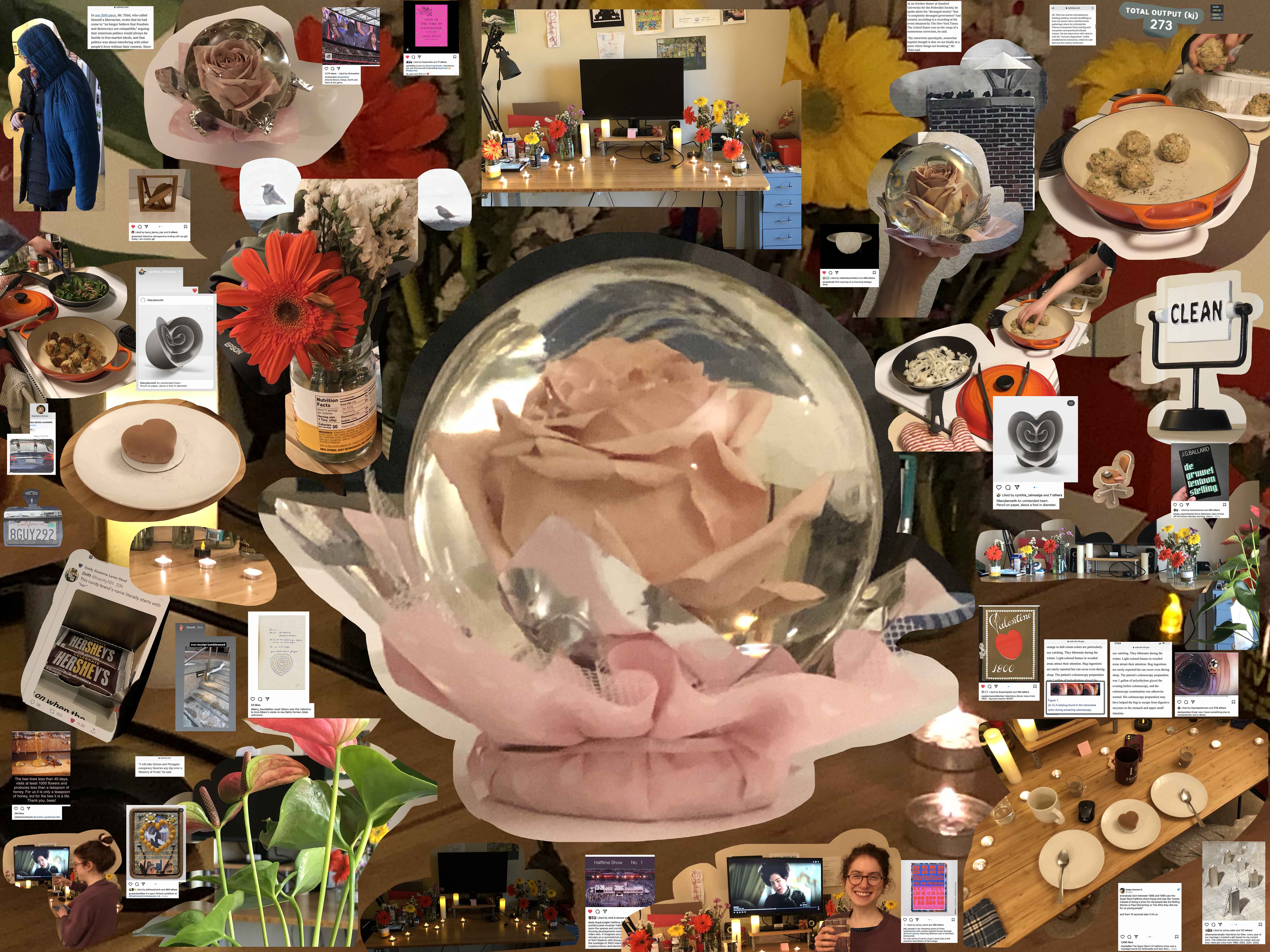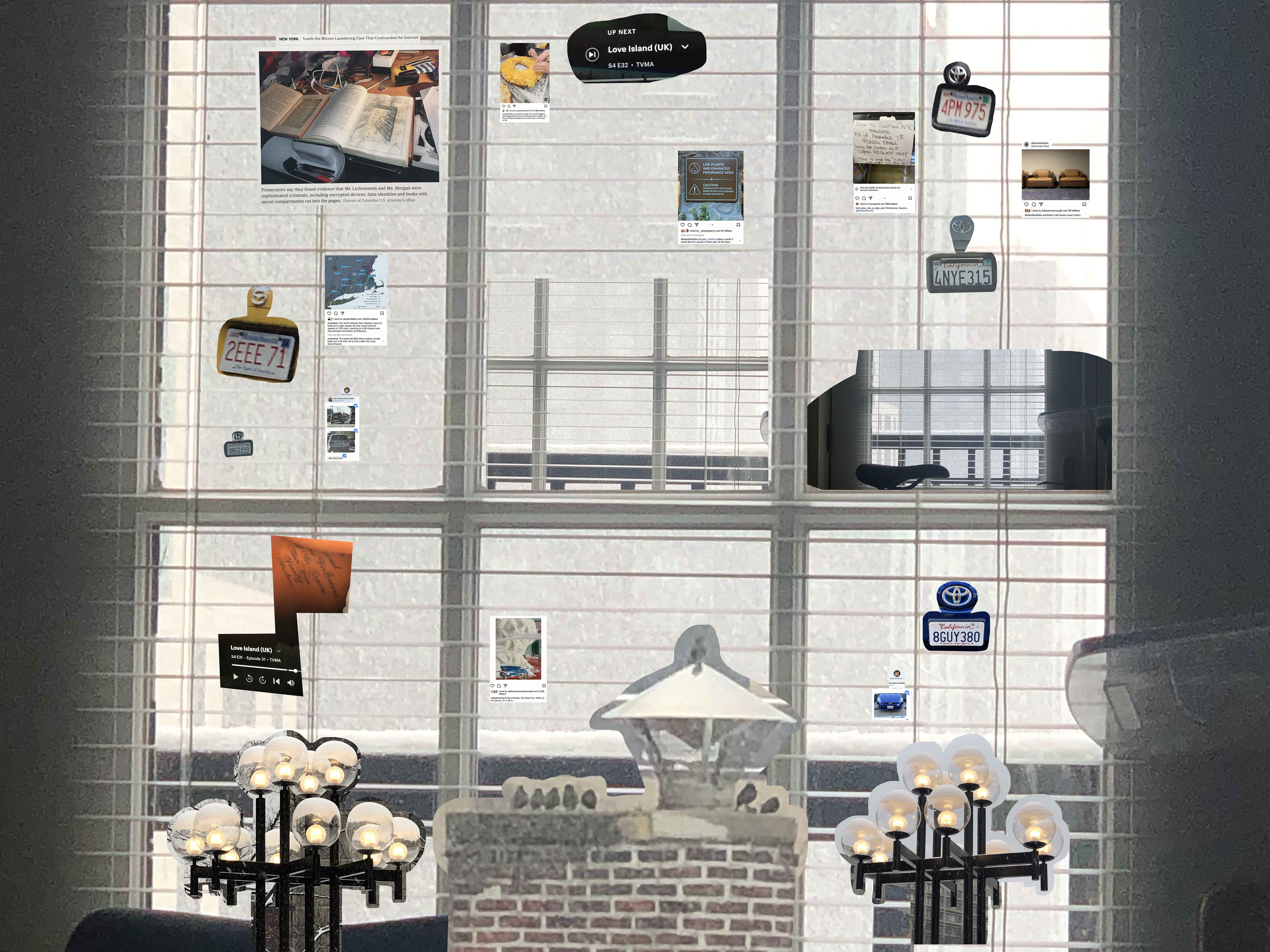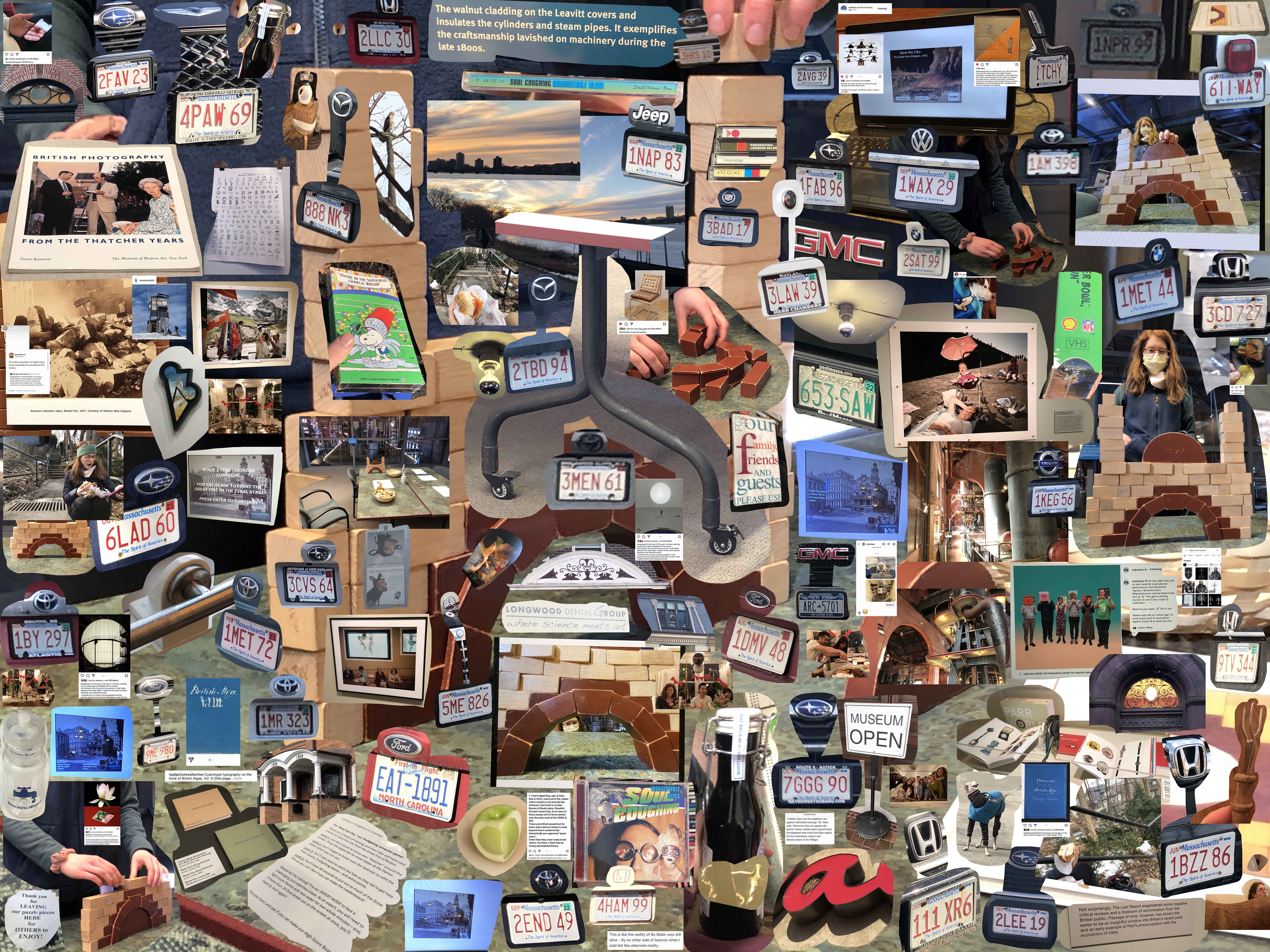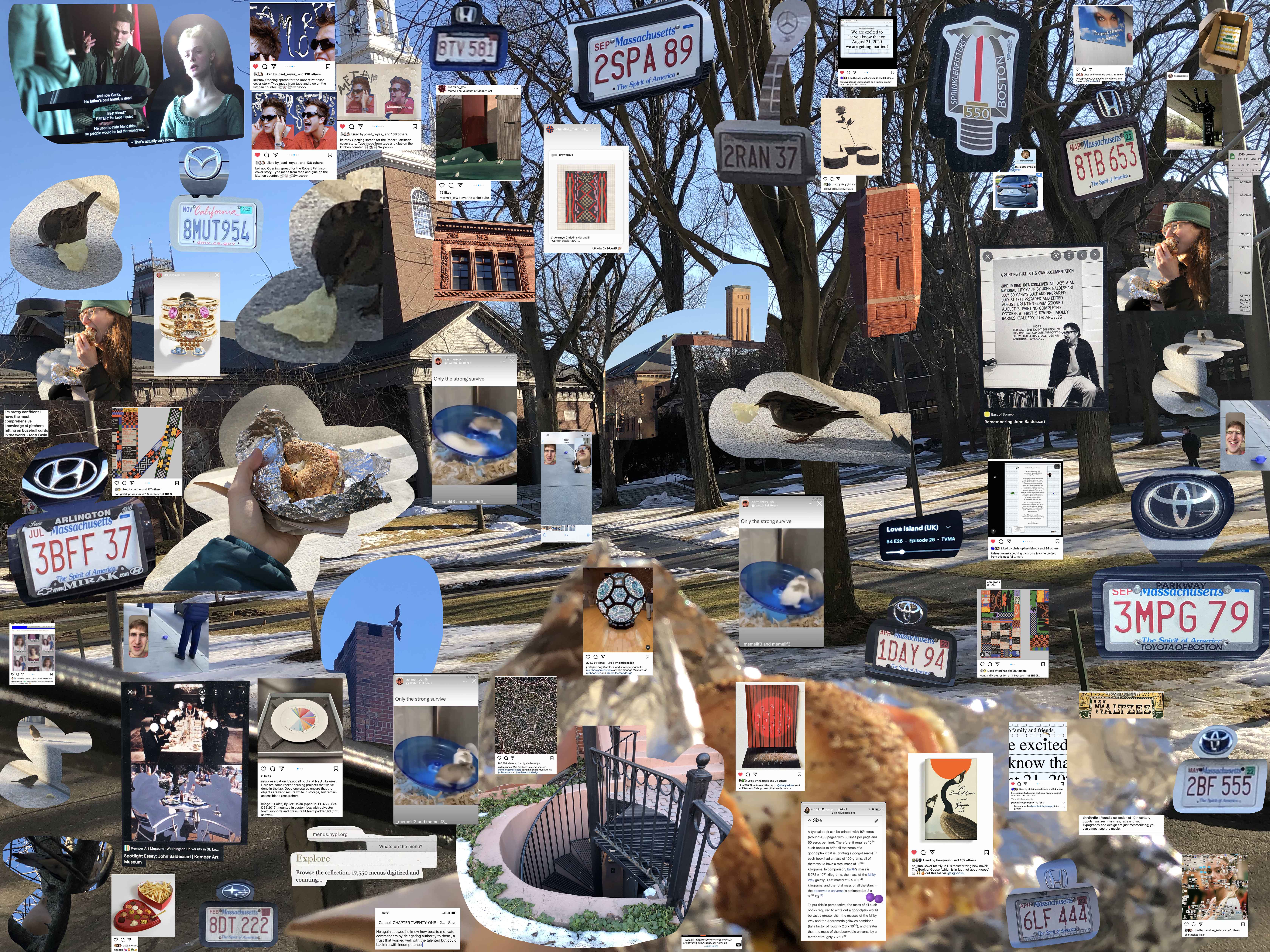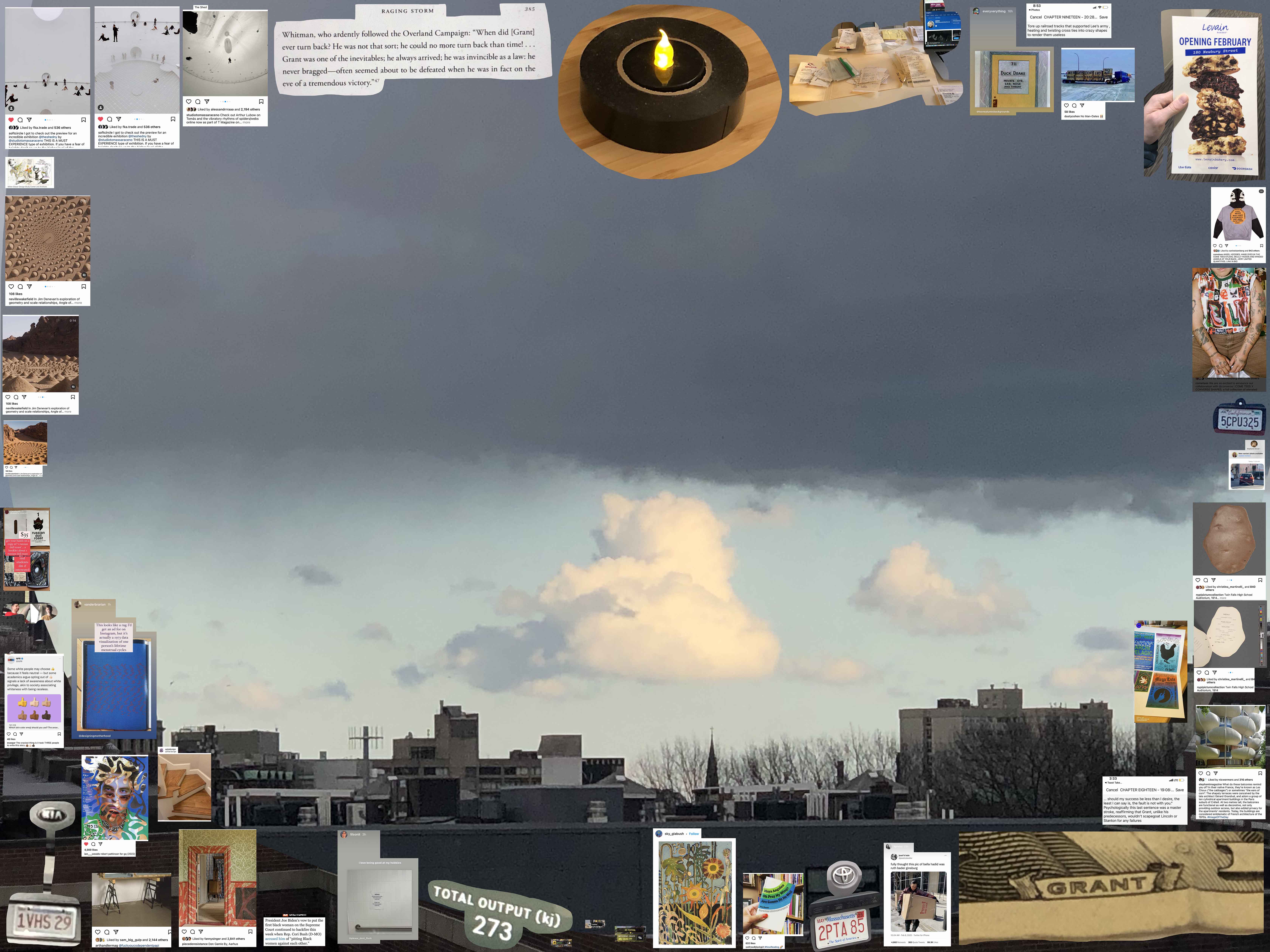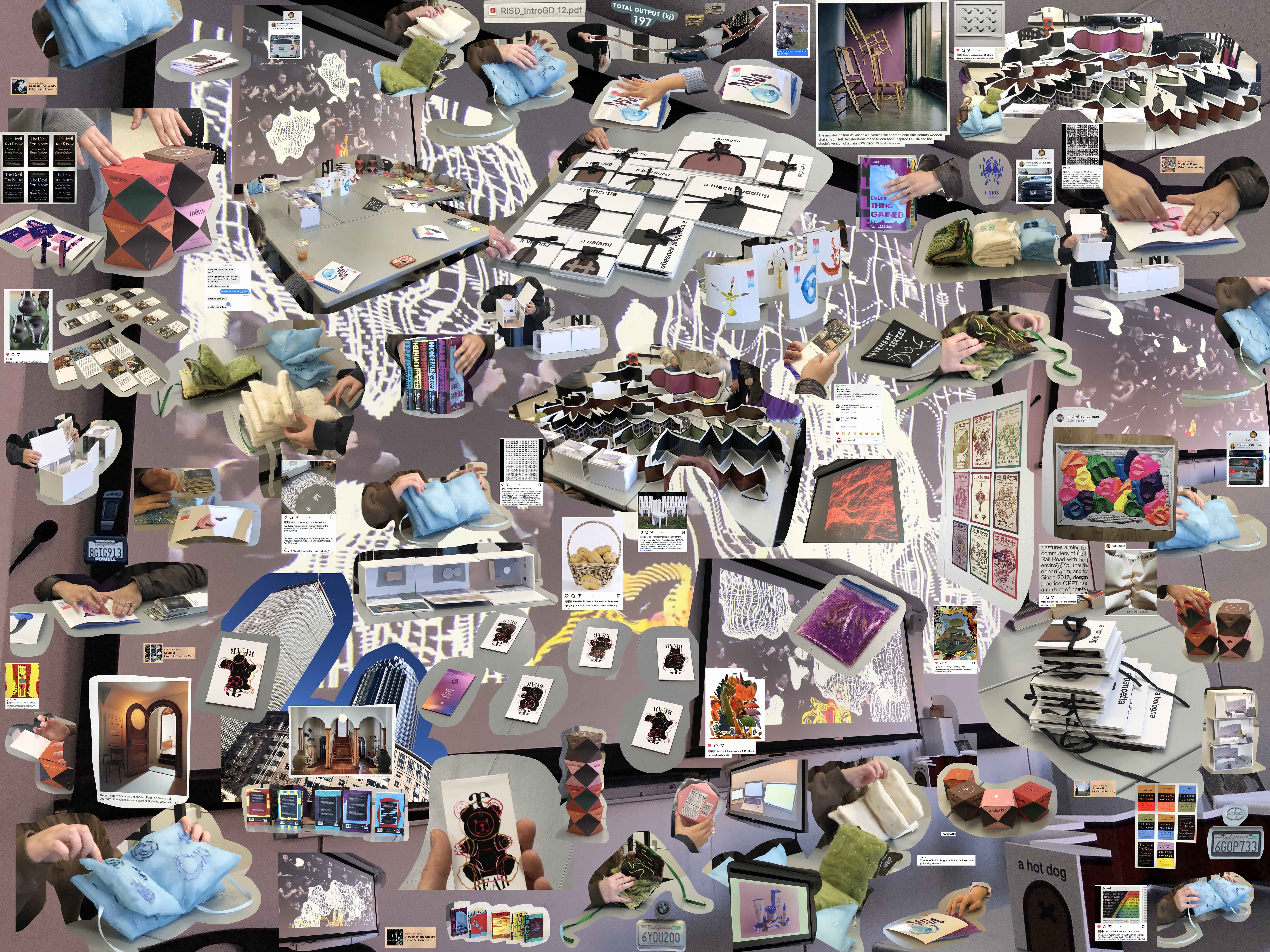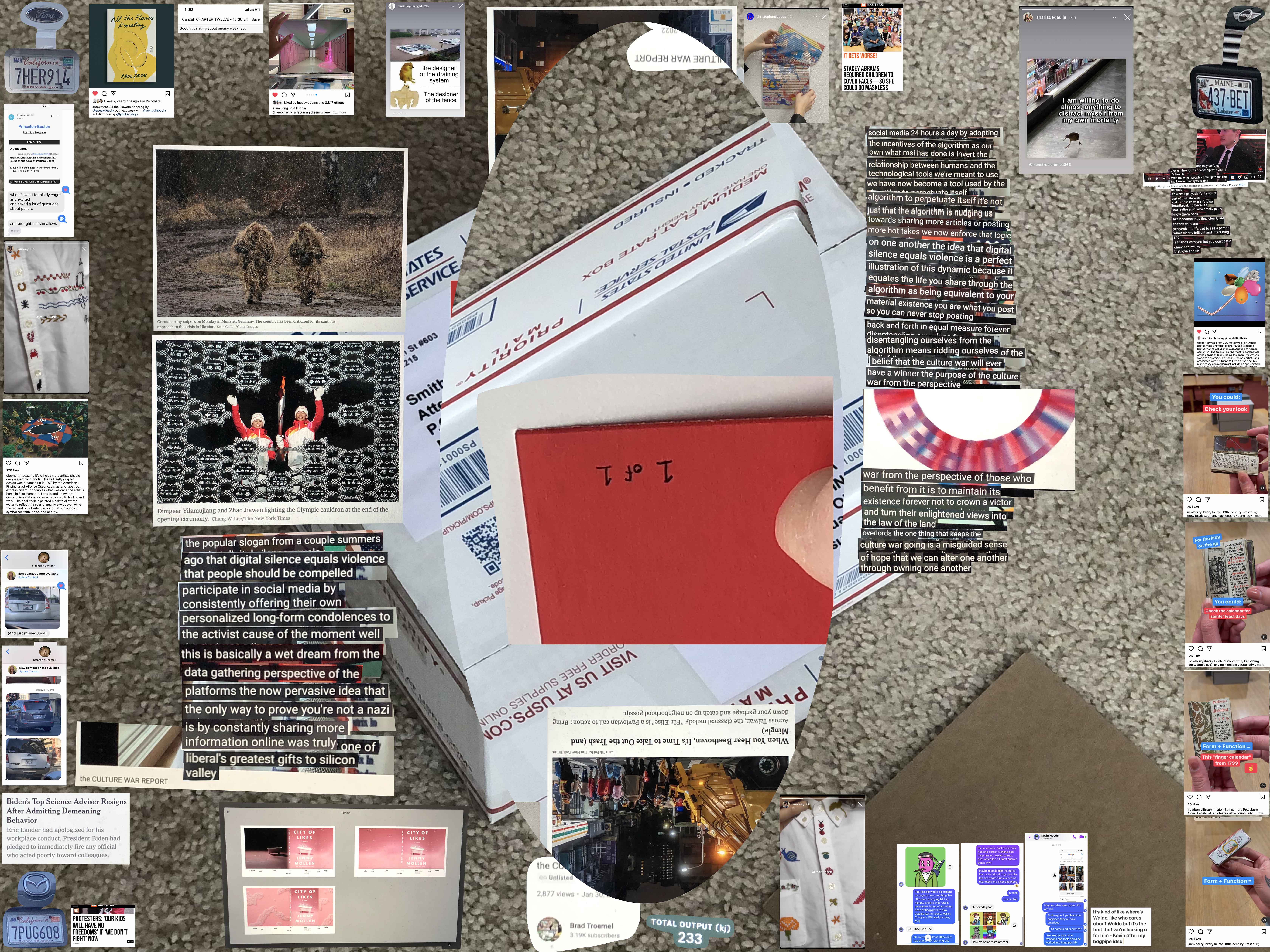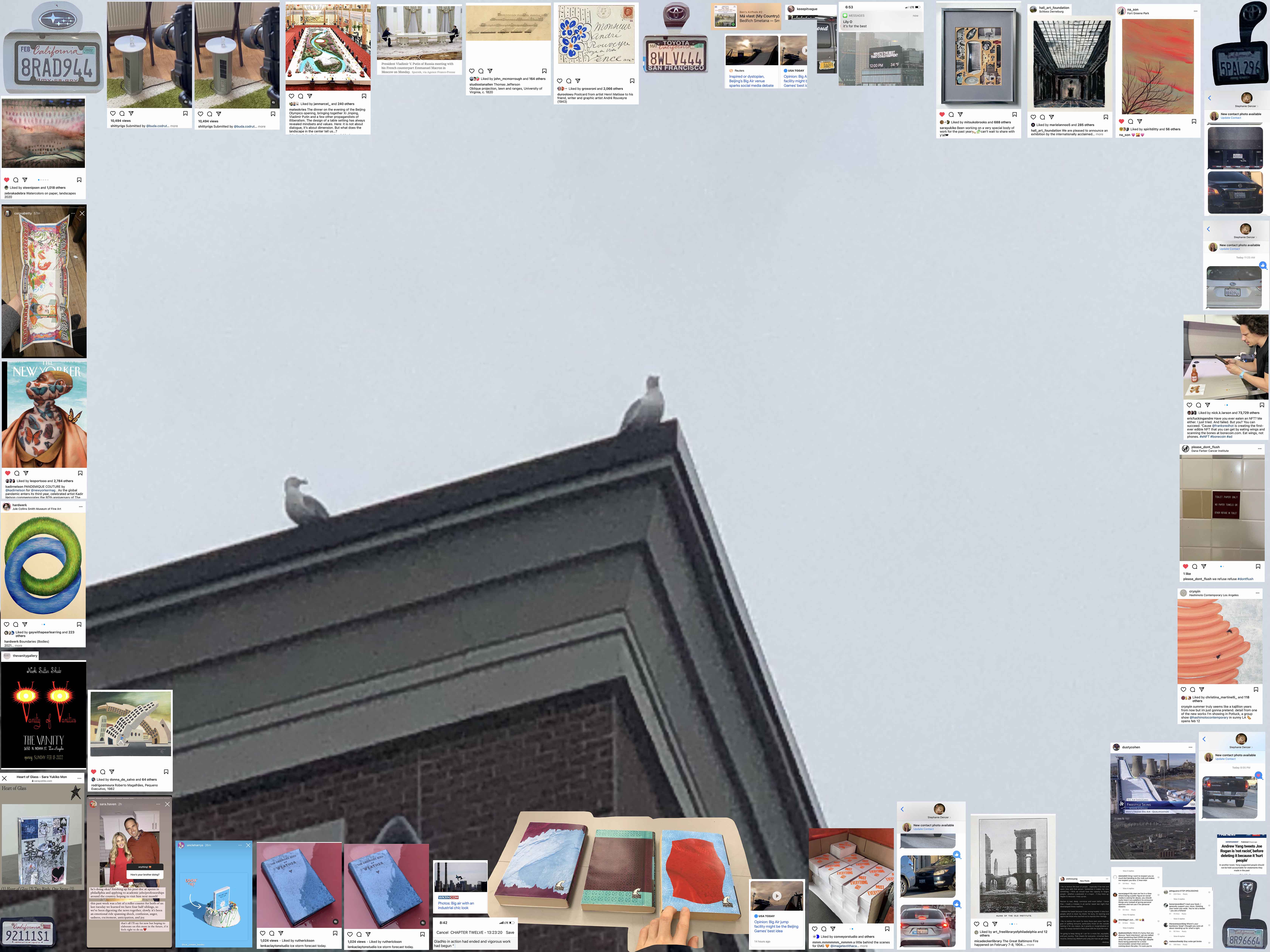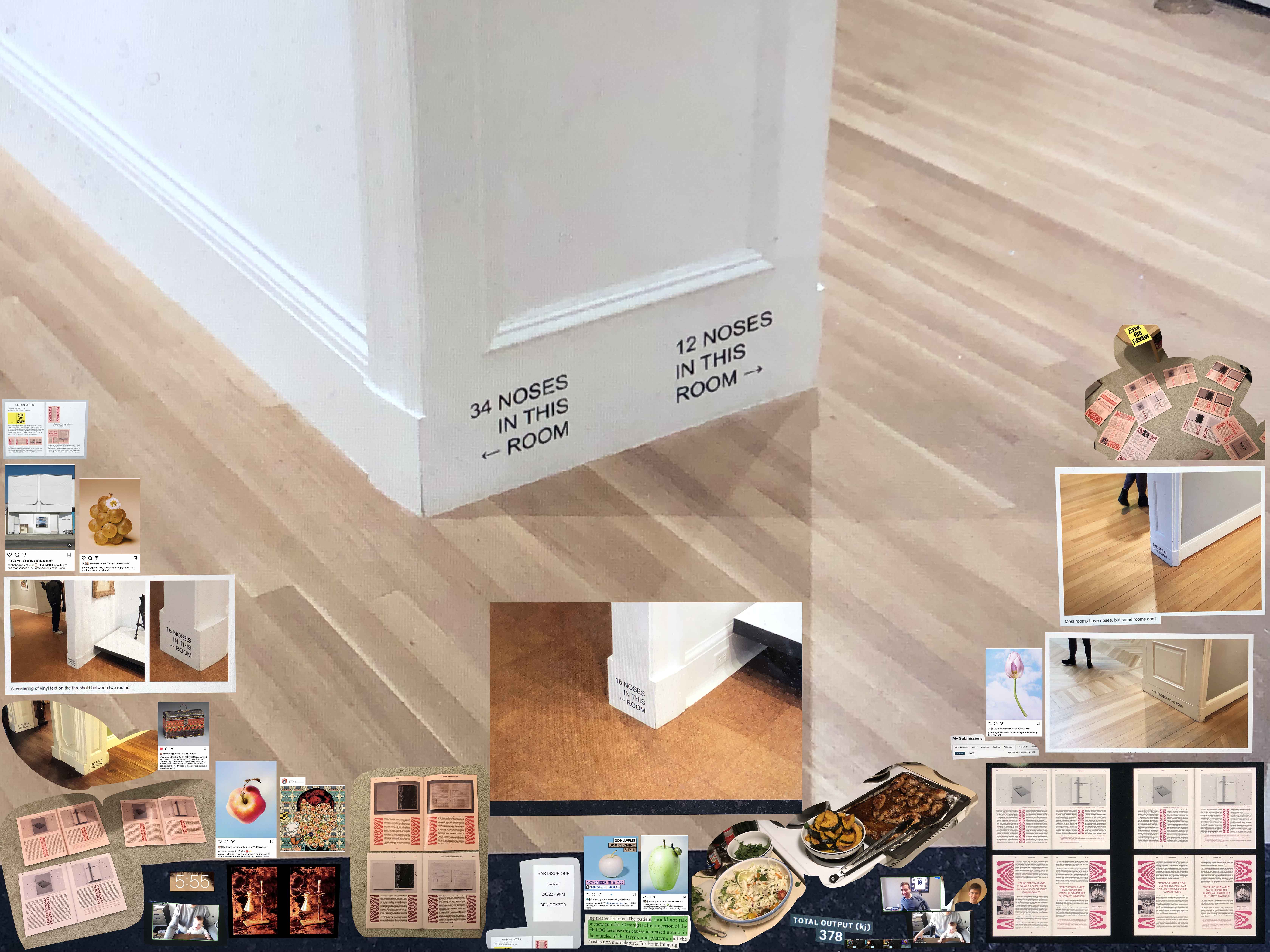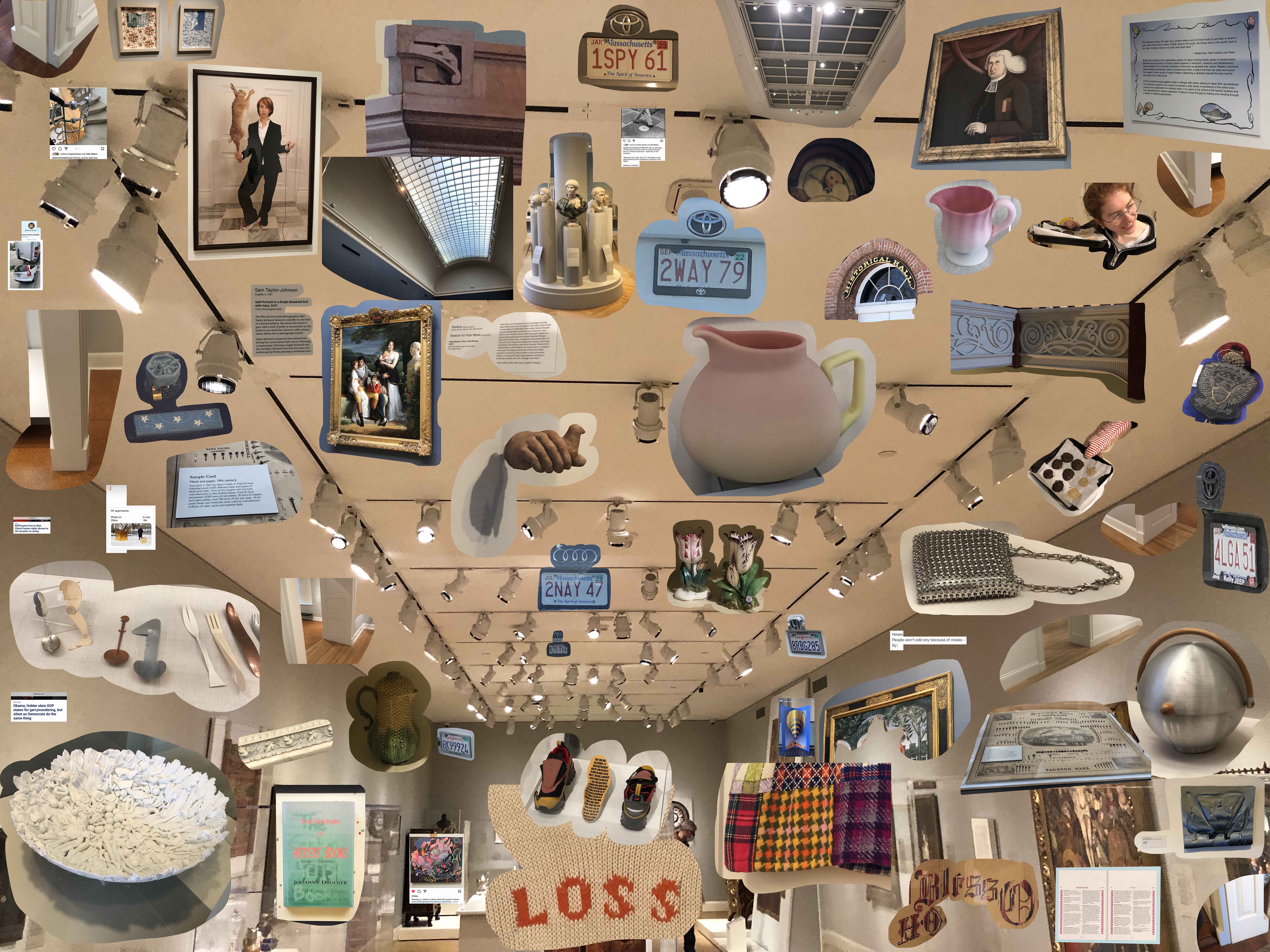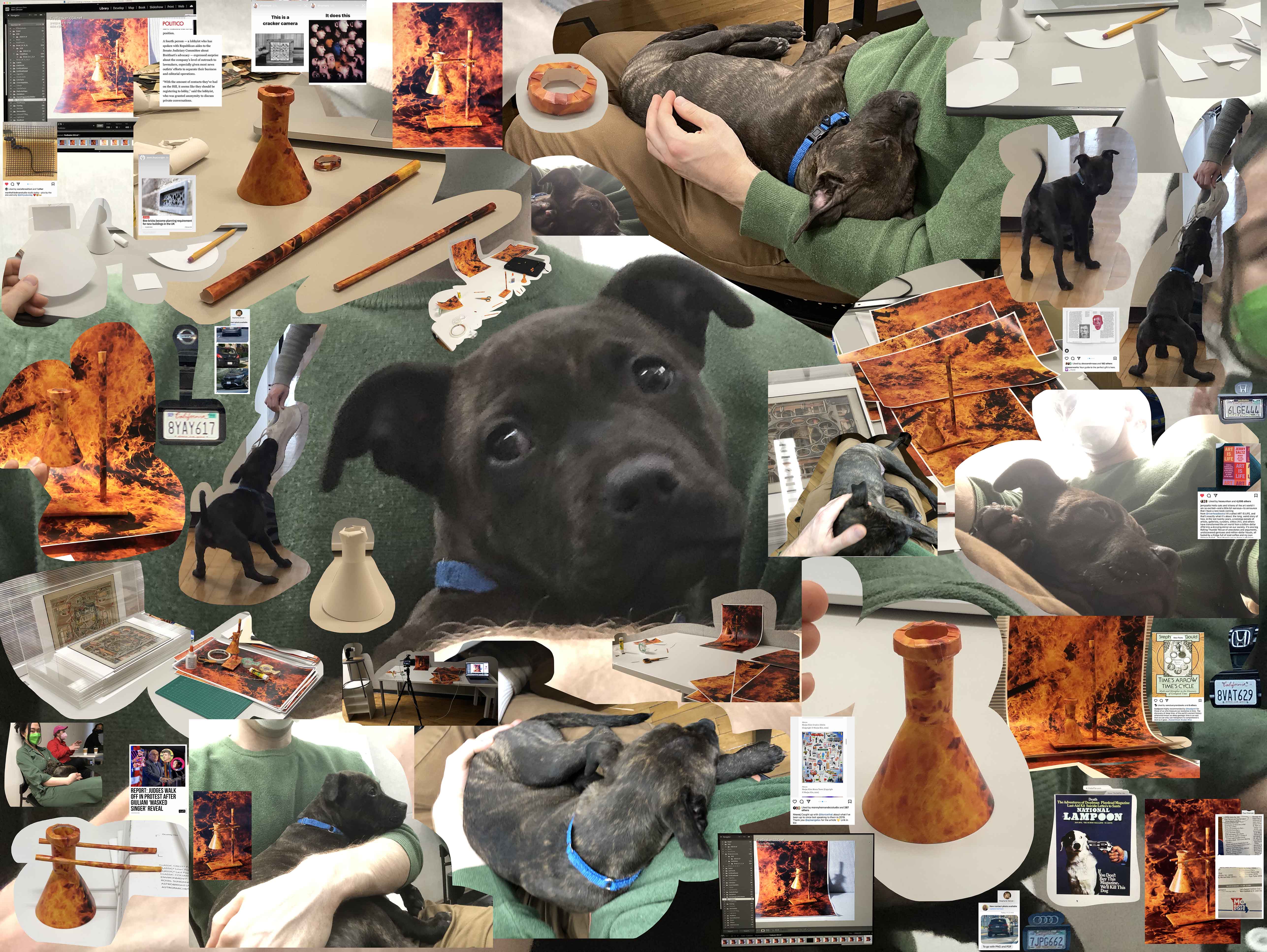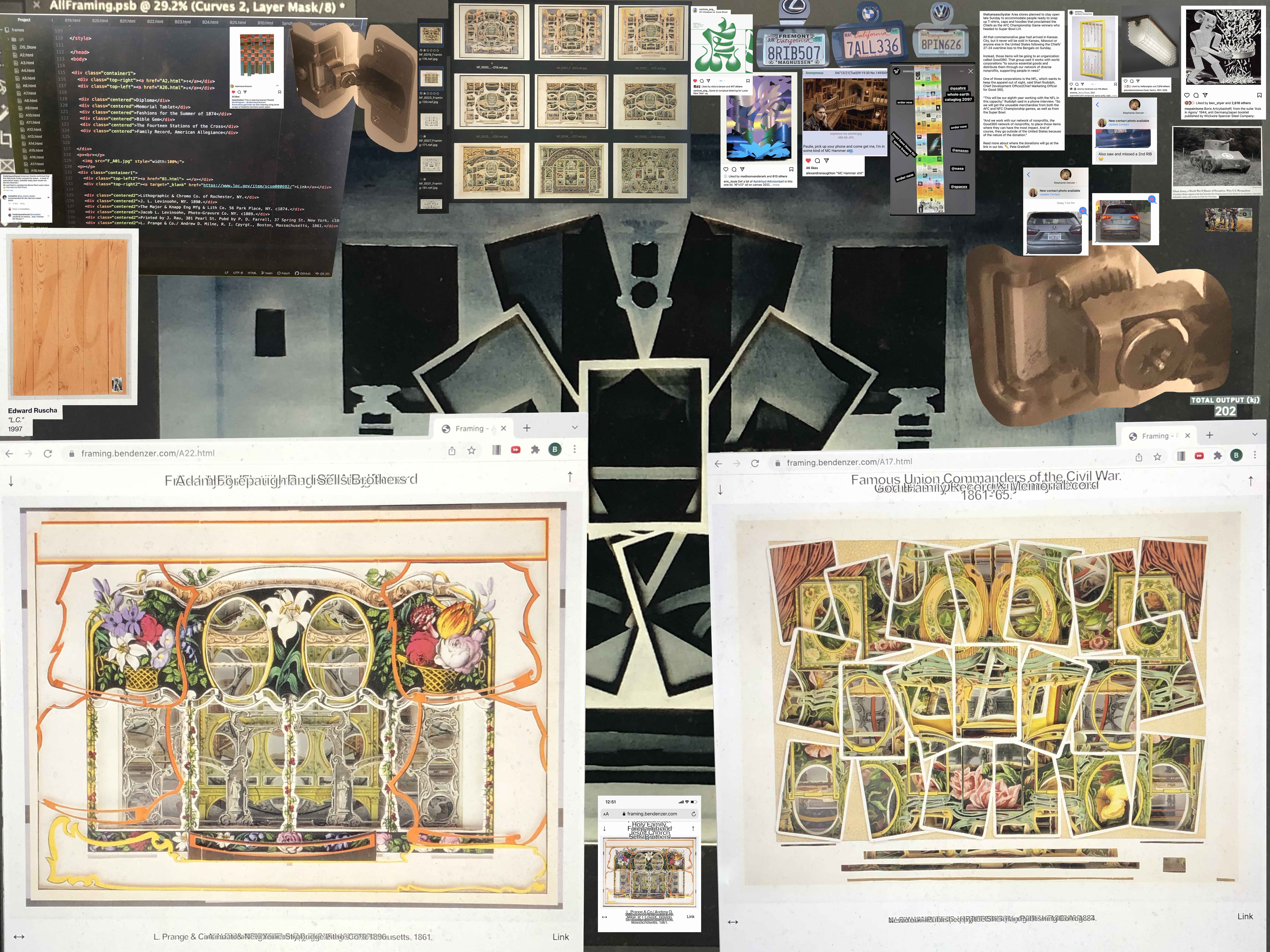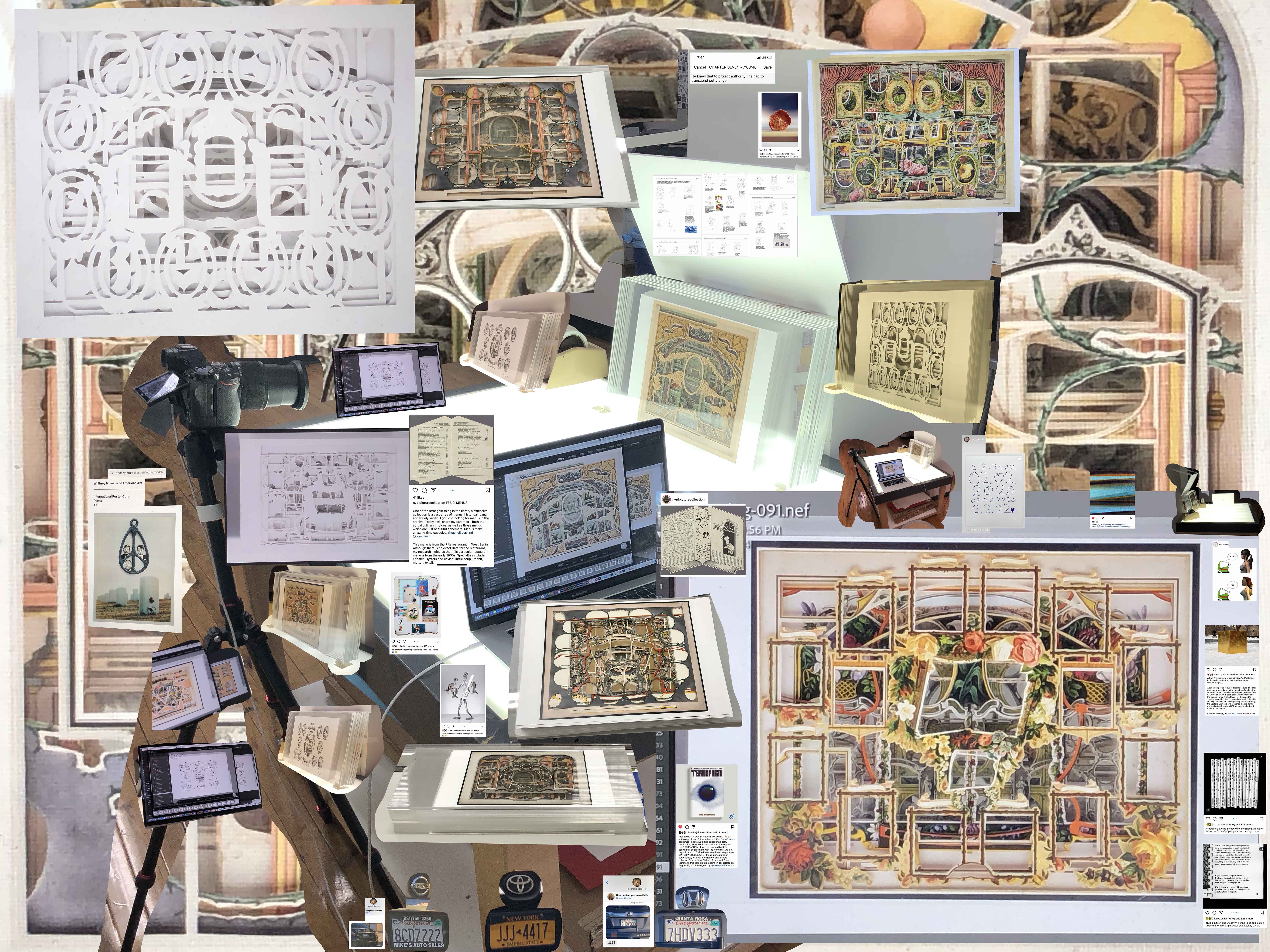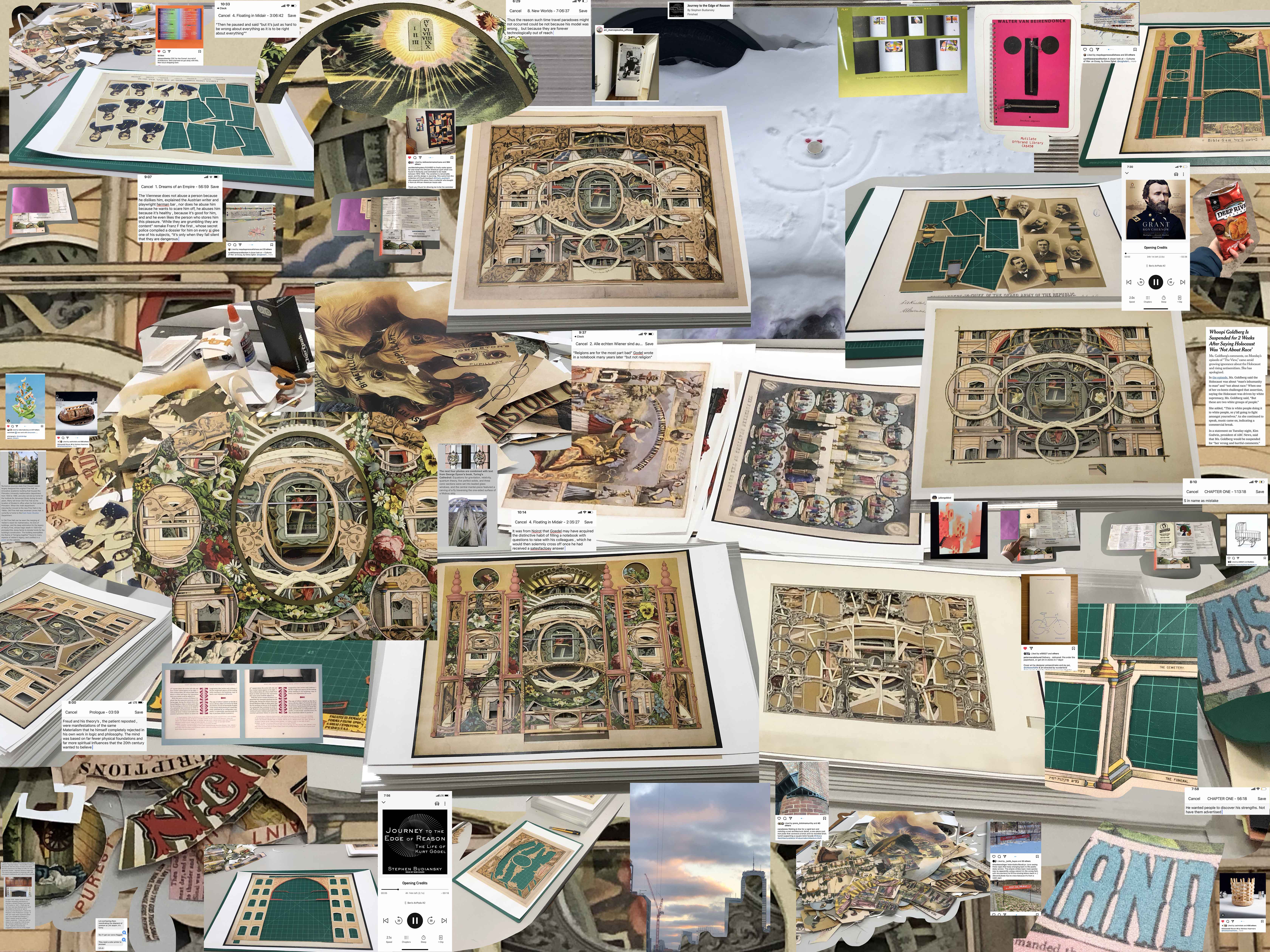Sunday, February 20, 2022
Without the booster data for 18- to 49-year-olds, the outside experts whom federal health agencies look to for advice had to rely on numbers from Israel to make their recommendations on the shots. (After several inquiries from The New York Times about the booster data for that age group, the agency posted it on its website Thursday night.)
Kristen Nordlund, a spokeswoman for the C.D.C., said the agency has been slow to release the different streams of data “because basically, at the end of the day, it’s not yet ready for prime time.” She said the agency’s “priority when gathering any data is to ensure that it’s accurate and actionable.”
Another reason is fear that the information might be misinterpreted, Ms. Nordlund said.
— Apoorva Mandavilli, "The C.D.C. Isn’t Publishing Large Portions of the Covid Data It Collects," The New York Times
Saturday, February 19, 2022
It's all good stuff.
— Henry*
Friday, February 18, 2022
Boy, that was a sick one. Let me write that down. "If their toes are strong enough they will not break."
— Love Island
Thursday, February 17, 2022
It's no more weird than a negative one.
— Donald Thornton on irrational numbers
Wednesday, February 16, 2022
Once Lee had disappeared, Grant's officers stooped to a rapacious frenzy as they snapped up every conceivable memento of the meeting. Wilmer McLean pocketed $20 from Sheridan for the table on which Grant composed the surrender agreement; the next day, Sheridan gave it as a gift to Libbie Custer, wife of George Armstrong Custer, who, legend says, flew off with the prize on horseback... One journalist left a vignette of this crazed hunt for sacred relics: "Cane bottomed chairs were ruthlessly cut to pieces... Haircloth upholstery was cut from chairs, and sofas was [sic] also cut into strips and patches and carried away."
— Ron Chernow, Grant
Tuesday, February 15, 2022
He could not possibly have expressed what he was feeling. For he was introducing the era of precreated experience. His launching was an utterly novel event in American history, and yet he could feel none of its novelty. He could not feel "the awesome power" of the rocket beneath him, as the broadcasters kept referring to it. He could only compare it to the hundreds of rides he had taken on the centrifuge at Johnsville.
— Tom Wolfe, The Right Stuff
Monday, February 14, 2022
His colonoscopy preparation may have helped the bug to escape from digestive enzymes in the stomach and upper small intestine.
— Veysel Tahan, MD, FACP, FACG, FESBGH, Ky-Dieu Tran, MD, Mohamad A. Yousef, MD, Francis E. Dailey, MD, and Suleyman Uraz, MD, "An Unusual Finding of a Ladybug on Screening Colonoscopy," ACG Case Rep J. 2019 Aug; 6(8): e00174.
Sunday, February 13, 2022
Prosecutors say they found evidence that Mr. Lichtenstein and Ms. Morgan were sophisticated criminals, including encrypted devices, false identities and books with secret compartments cut into the pages.
— Image caption, Ali Watkins and Benjamin Weiser, "Inside the Bitcoin Laundering Case That Confounded the Internet," The New York Times
Saturday, February 12, 2022
It exemplifies the craftsmanship lavished on machinery during the late 1800s.
— Descriptive text on the Leavitt-Riedler Pumping Engine at the Metropolitan Waterworks Museum
Friday, February 11, 2022
I’m pretty confident I have the most comprehensive knowledge of pitchers hitting on baseball cards in the world.
— Matt*
Thursday, February 10, 2022
He could no more turn back than time.
— Whitman on Grant via Ron Chernow, Grant
Wednesday, February 9, 2022
I should comment "makes sense since they have no place to store their backpacks"
— Jonathan on #lockergate
Tuesday, February 8, 2022
By adopting the incentives of the algoritihm as our own, what M.S.I. has done is invert the relationships between humans and the technological tools we're meant to use. We have now become a tool used by the algorithm to perpetuate itself. It's not just that the algorithm is nudging us towards sharing more articles or posting more hot takes, we now enforce that logic on one another. The idea that digital silence equals violence is a perfect illustration of this dynamic, becuase it equates the life you share through the algorithm as being equivalent to your material existence. You are what you post, so you can never stop posting.
— Brad Troemel, "THE CULTURE WAR REPORT"
Monday, February 7, 2022
he's doing ok! finishing up his post-doc at upenn in philadelphia and applying to academic jobs/professorships around the country. hoping to visit him next month!
this past week was a bit of a roller coaster for both of us: last tuesday we learned we have four half-siblings, so we've been digesting the news together, slowly. it's been an emotional ride spanning shock, confusion, anger, sadness, excitement, anticipation, and joy.
— @sara.haven Instagram story reply to an ask me anything question "How's your brother doing?"
Sunday, February 6, 2022
The patient should not talk or chew gum for 30 minutes.
— Something Lily was reading
Saturday, February 5, 2022
People won't add any because of masks.
— Lily on if I counted the number of noses in each room.
Friday, February 4, 2022
A fourth person — a lobbyist who has spoken with Republican aides to the Senate Judiciary Committee about Breitbart’s advocacy — expressed surprise about the company’s level of outreach to lawmakers, especially given most news outlets’ efforts to separate their business and editorial operations. “With the amount of contacts they’ve had on the Hill, it seems like they should be registering to lobby,” said the lobbyist, who was granted anonymity to discuss private conversations.
— Emily Birnbaum, "Split on the right: Breitbart joins Facebook and Google in opposing news media bill," Politico
Thursday, February 3, 2022
“So we will get the unusable merchandise from both the AFC and NFC Championship games, as well as from the Super Bowl. And we work with our network of nonprofits, the Good360 network of nonprofits, to place those items where they can have the most impact. And of course, they go outside of the United States because of the nature of the donation.”
— @thekansascitystar, "Here's what will become of the KC Cheif's AFC championship T-shirts and caps"
Wednesday, February 2, 2022
One of the strangest things in the library's extensive collection is a vast array of menus.
— @nyplpicturecollection
Tuesday, February 1, 2022
Freud and his theories, the patient riposted, were manifestations of the same materialism that he himself completely rejected in his own work in logic and philosophy. The mind was based on far fewer physical foundations, and far more spiritual inflences, than the twentieth century wanted to believe.
— Stephen Budiansky, Journey to the Edge of Reason: The Life of Kurt Gödel


